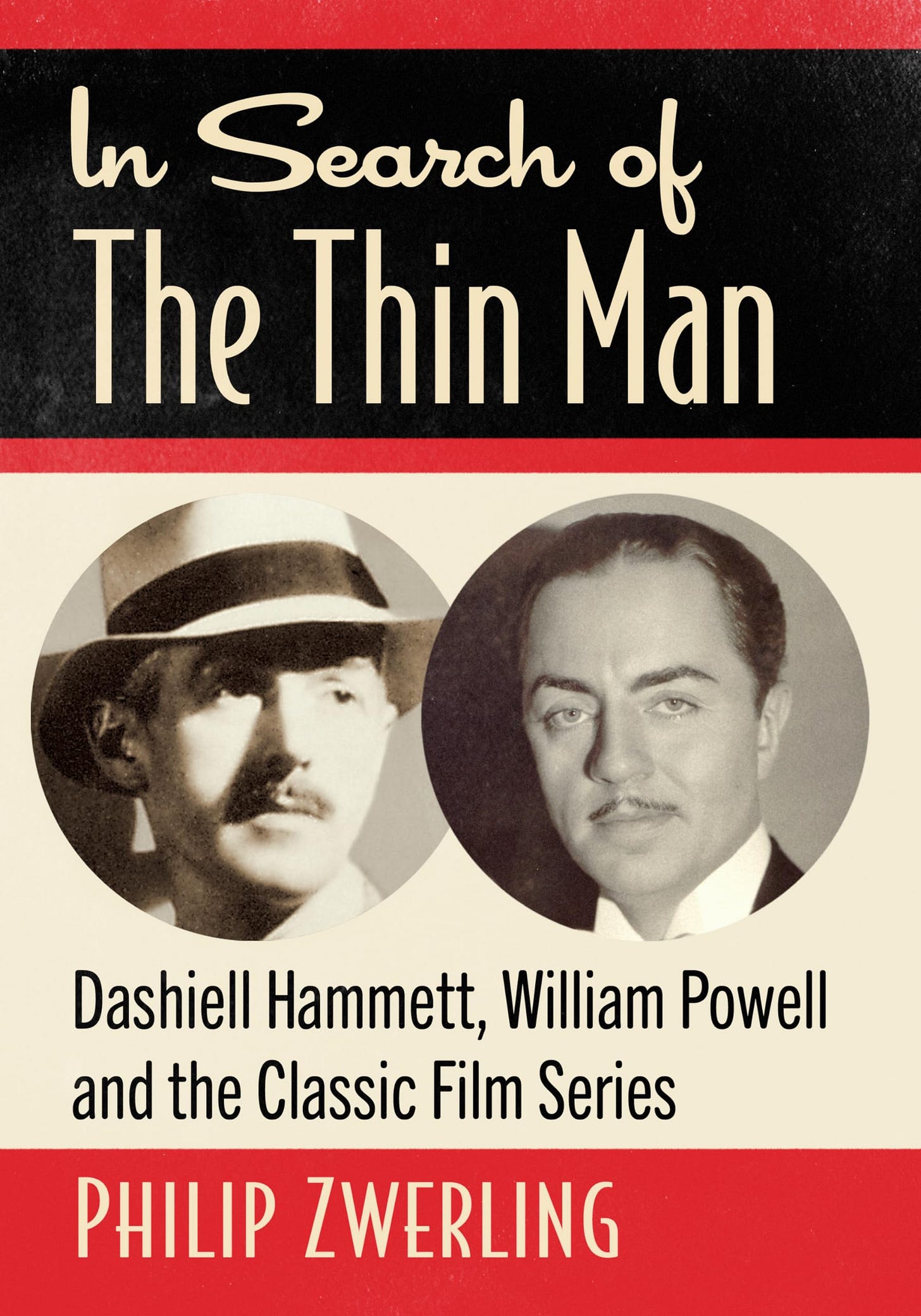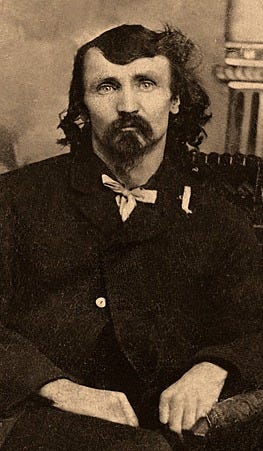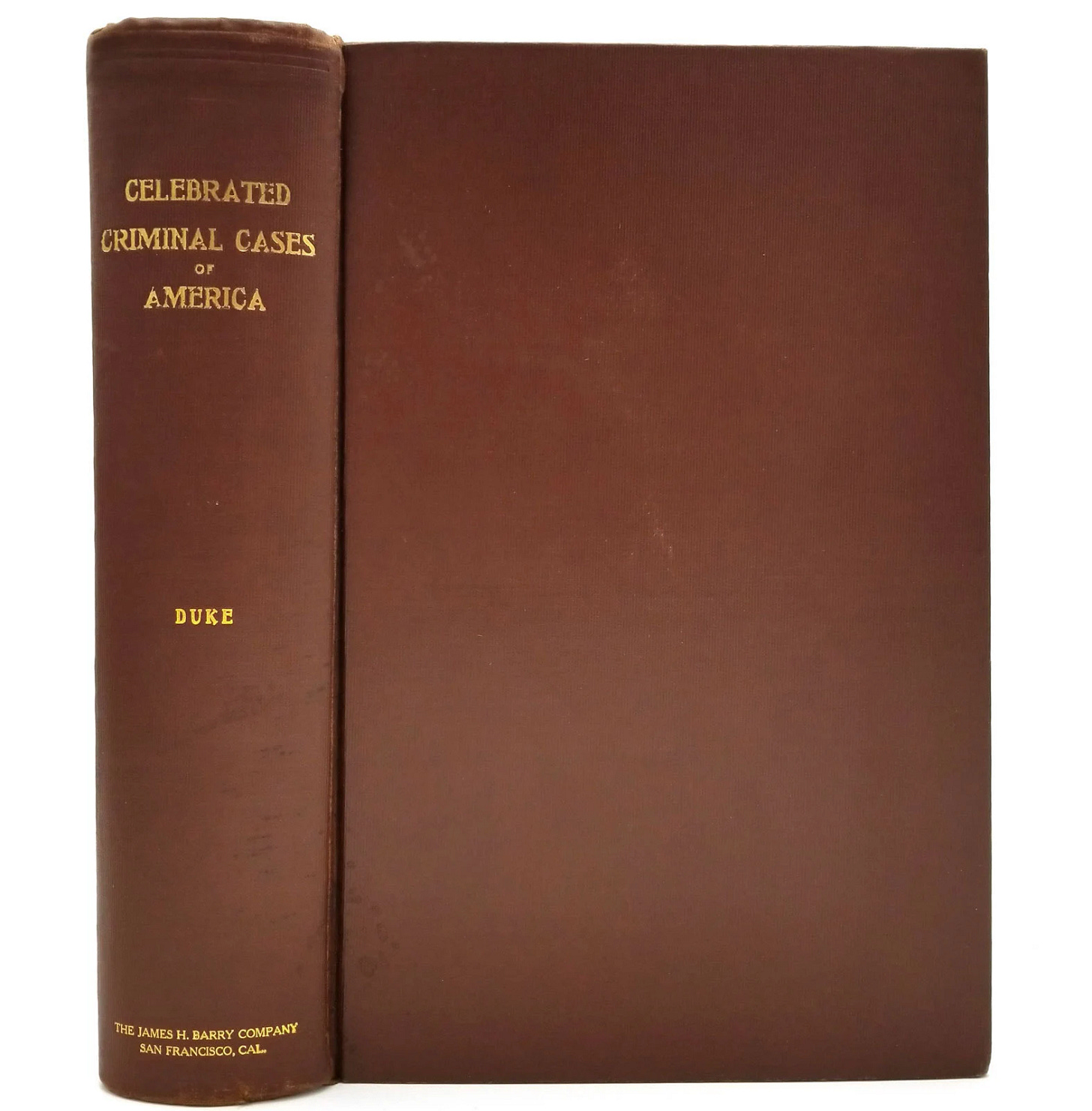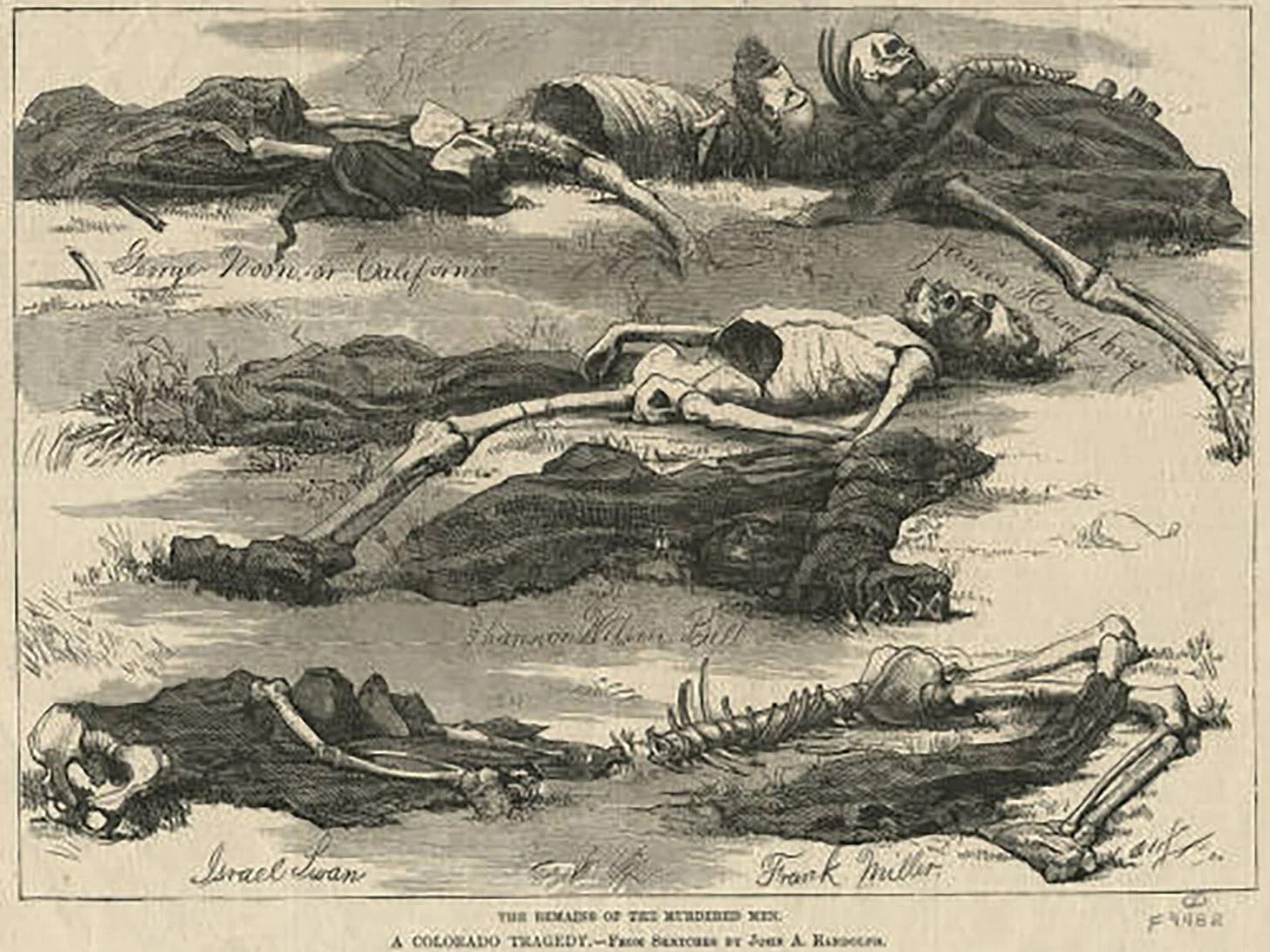We’ve read the first third of The Thin Man! How have you found it? Please do share your thoughts and reactions as comments below. Here’s what I thought:
I look forward to discussing Chapters 14-24 next week!
I’ve also been enjoying dipping into In Search of The Thin Man by Philip Zwerling, which discusses the novel and Hammett’s life story, as well as the various film adaptations and their stars.

It’s full of great quotations and anecdotes. For example, Zwerling quotes Raymond Chandler saying that Hammett’s hard-boiled fiction ‘took murder out of the Venetian vase and dropped it into the alley’ and Ross Macdonald saying that Hammett was ‘the first American writer to use the detective-story for the purposes of a major novelist’.
Zwerling also discusses what he calls ‘the oddest part of the novel’, in Chapter 13, when Gilbert Wynant asks Nick if cannibalism exists in the USA.
This question seems completely unconnected with the scene, but Zwerling points out that it had been foreshadowed in Chapter 5, when Nick and Nora phone from their hotel room and order food from an all-night delicatessen. Nora asks for a raw chopped beef sandwich with lots of onion. This sandwich is unnamed in the novel but is known, in Wisconsin especially, as a ‘Cannibal Sandwich’.
In Chapter 13, Nick responds to Gilbert’s question by getting down the copy of Celebrated Criminal Cases of America that Nora picked up in a second-hand book store, and opening it at the story of Alfred G. Packer, the ‘Maneater’, who killed and ate several of his fellow prospectors in the 1870s.
Celebrated Criminal Cases of America is a real book by Thomas Duke, published in 1910, which – incidentally – Sam Spade also owns in The Maltese Falcon.
The entire 2,000-word entry from Duke’s book is reprinted in The Thin Man. Zwerling writes:
On the surface the story seems to have nothing to do with anything that has occurred or will occur in The Thin Man. It does not foreshadow future action, it does not reveal character, it seems to serve no purpose at all. So why does Hammett devote space to it in The Thin Man? According to Richard Layman’s Hammett biography Shadow Man, a writer asked Lillian Hellman, after Hammett’s death, why she thought he’d included the story. She replied that Hammett, used to writing so many short stories, simply included it to lengthen the novel. You would think any editor worth his salt would have removed this filler. In her master’s thesis at Harvard, Anne Kelly says the Packer story ‘needlessly pads the novel.’ William Marling, a Hammett biographer, writers that the story’s ‘thematic importance is slight.’ And Dennis Dooley in his biography calls the Packer Story ‘an odd insertion . . . which has no . . . connection with the rest of the novel.’
Unless Hellman, Kelly, Marling and Dooley err and this book excerpt is, as I believe, not padding, not extraneous to the theme but is, in actuality, the key to the novel and to Hammett’s intent in writing it.
[Hammett] included this interlude and he did so thoughtfully and deliberately. This is his indictment of a society in which everyone around Nick and Nora is a cannibal just like Alfred Packer, metaphorically speaking. Each character selfishly wants something from the others at whatever cost to their personhood [. . .] It is this grim vision which elevates The Thin Man and Hammett from the usual run of detective fiction.
I look forward to reading more metaphorical cannibalism in Chapters 14-24. See you next week!
If you’re not reading The Thin Man, you can choose to opt out of our Dashiell Hammett conversation. Just follow this link to your settings and, under Notifications, slide the toggle next to ‘The Thin Man’. A grey toggle means you will not receive emails relating to this title.







Really enjoying this read but grateful that we are not trying to match them drink for drink!
I'd not actually clocked that this is set during the tail-end of Prohibition - so all the drinking (at which people don't bat an eyelid) was illegal. I assumed the references to a speakeasy were just slang, but apparently not.
It makes it even funnier/odder that the prisoner is denied a drink but the police can drink on duty.